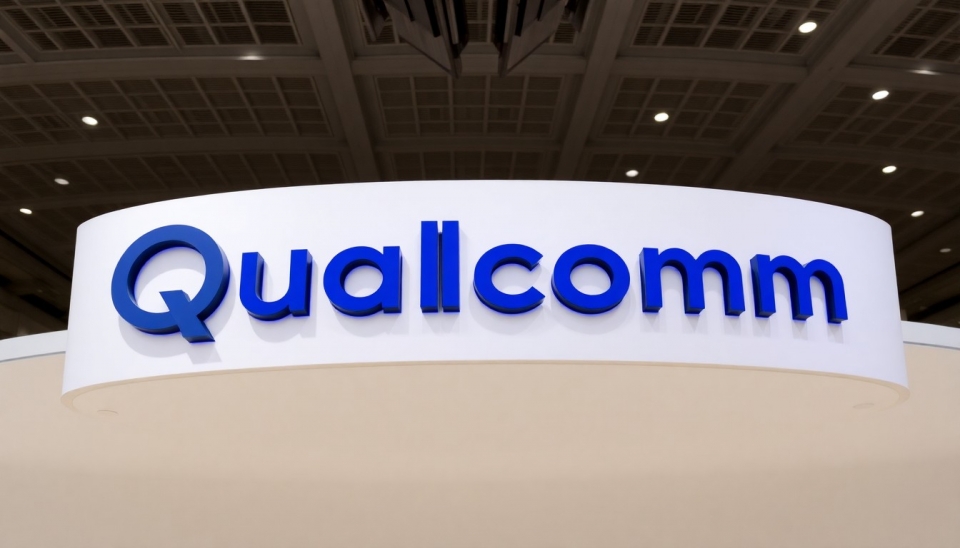
In a significant development in the tech industry, Qualcomm has taken its ongoing legal dispute with Arm to the international stage by filing complaints with various global antitrust agencies. This move comes as Qualcomm seeks to address what it terms "anti-competitive" practices instituted by Arm, particularly concerning licensing agreements and market access.
The legal confrontation highlights the tensions that exist in the semiconductor industry, where both Qualcomm and Arm hold substantial influence. Qualcomm, known for its pivotal role in mobile technology and chip design, argues that Arm's practices restrict innovation and competition, ultimately harming consumers and the broader tech ecosystem. By presenting its case to international regulatory bodies, Qualcomm hopes to mitigate what it perceives as Arm's monopolistic hold over the industry.
Qualcomm's decision to approach various antitrust regulators is strategic. The company has sought to broaden the scope of its grievance beyond the boundaries of a single jurisdiction, aiming instead for a comprehensive reassessment of Arm's business practices across the globe. This tactic signals Qualcomm's commitment to confronting what it deems an entrenched power dynamic in the semiconductor sector.
Arm, a key player in the mobile chip market with its widely used architecture, has yet to issue a detailed public response to Qualcomm’s latest moves. However, previous statements from the company suggest a defiant stance, asserting that its licensing model encourages innovation and competition within the industry. Arm emphasizes that its agreements are structured to foster growth among its partners rather than stifle them.
This legal battle is poised to resonate throughout the tech industry, as both companies have affiliations with numerous other firms in the semiconductor ecosystem. The ramifications might extend well beyond the courtroom, influencing licensing agreements, partnerships, and the competitive landscape of technological advancements.
As the saga unfolds, industry stakeholders will be closely monitoring the reactions from regulatory bodies and how further investigations might alter the dynamics between Qualcomm and Arm. Observers are particularly keen to see if this case will set a precedent for future litigation involving licensing and antitrust in the fast-evolving tech space.
In conclusion, Qualcomm’s escalation of its legal fight with Arm marks a pivotal moment in the semiconductor industry, with potential repercussions for competition, innovation, and market access. The resolution of this dispute could have far-reaching effects on how technology firms operate and compete on a global scale.
<>#> #Qualcomm #Arm #LegalBattle #Antitrust #Semiconductors #TechIndustry #Innovation #MarketAccess #Licensing #<
Author: Emily Collins




